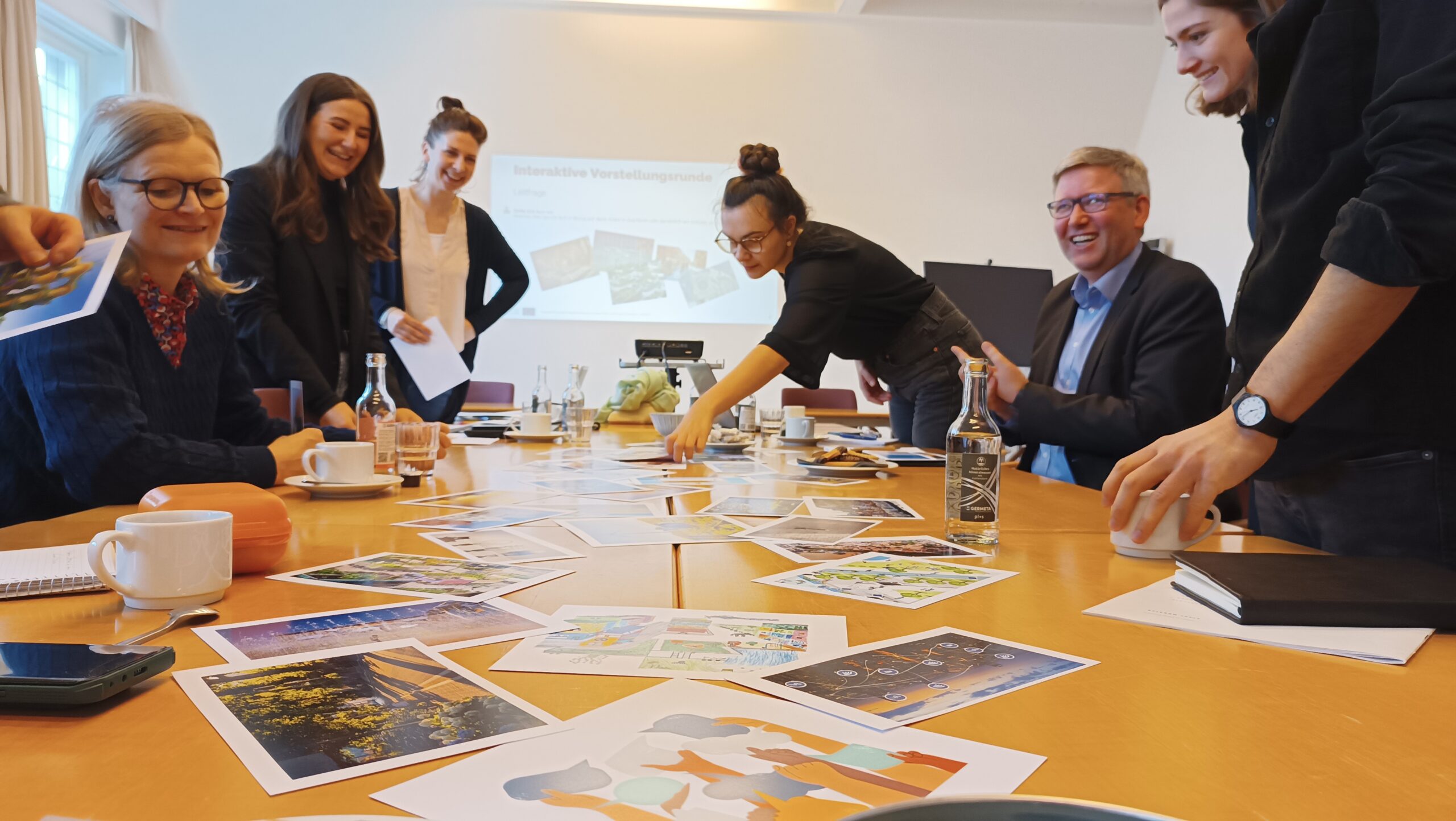The City of Muenster intends to tackle building stock and existing urban infrastructure mitigation and adaptation challenges through a cohesive district-level approach. The initiative seeks to chart optimal pathways to accelerate the reduction of greenhouse gases, energy and material consumption, while establishing innovative design guidelines for climate-adapted neighbourhoods.
Within UP2030 the City of Muenster develops a comprehensive “Guideline for Climate-Just Neighbourhood Development”, supporting the city’s ambition to become climate-neutral by 2030. The term climate-just intends to reflect that climate mitigation and adaptation should be considered as integrated and synergistic when it comes to urban district development. The Guideline aims to consolidate existing knowledge, data, implementation examples, tools, and processes while fostering interdepartmental collaboration and enhancing evidence-based decision-making through improved data governance. Collaboration among policymakers, technical experts, and community members is recognized as a crucial factor in the effective implementation of transition measures, and the Guideline actively promotes this collaboration. The target group of the Guideline was defined as "urban practitioners within the municipal administration" and has been intentionally kept broad to ensure that climate mitigation and climate adaptation are integrated across various areas of the administration.

Municipal staff, planners, residents, citizen groups, and institutions working toward climate-just neighbourhoods.
Impact and Long Term Vision
Muenster is leveraging the UP2030 framework to extend climate action from individual buildings to the neighbourhood scale. The Guideline provides a replicable model for integrating climate-just planning into everyday municipal workflows. By addressing climate mitigation, climate adaptation, and participation, the city sets the foundation for long-term sustainability and empowered civic participation.

Tailoring the Climate Proofing Method to a holistic Guideline for integrated mitigation and adaptation actions in Muenster by using existing concepts, strategies, and data already in place in Münster.

Developing a concept for the so-called “KlimaTraining” . This is a learning program where volunteer citizens provide tips to other citizens on how to design their neighborhood in a climate-just manner.

Supporting visual storytelling through Neutrality Story Maps.

Supporting visual storytelling through Neutrality Story Maps.


